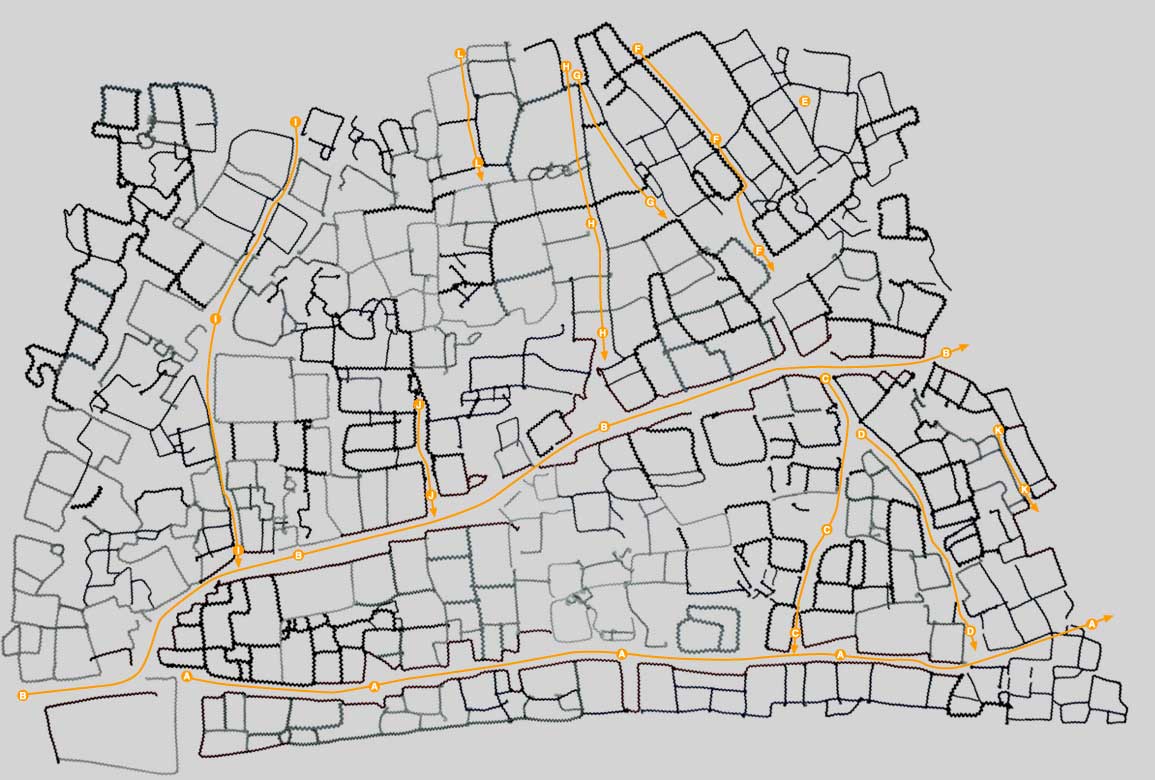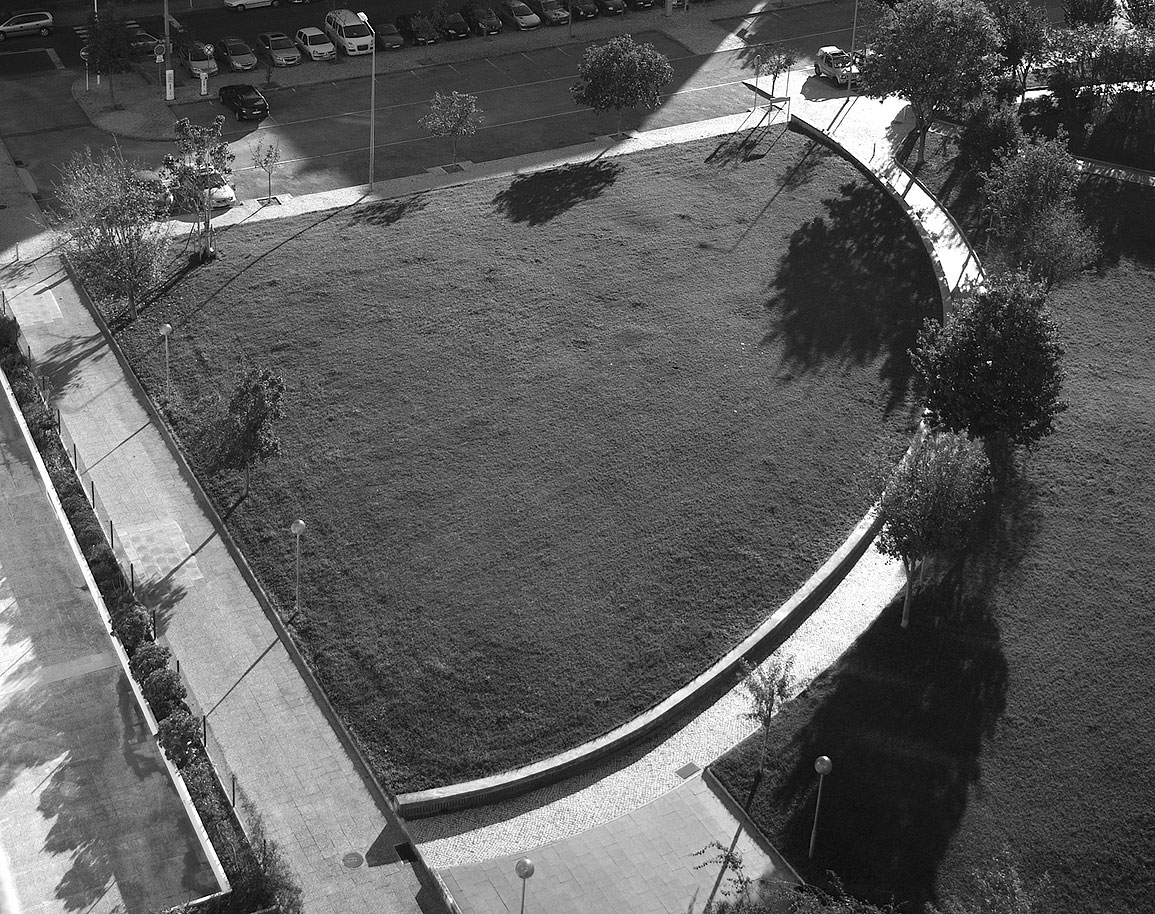Description: This tree, also known as Pipdo (G.) is originated from India. According to Rajnicant, this pipdo came from India. It was planted in the Quinta da Vitoria 30 years ago. He says that they watered the plant every day. In addition, they always prayed to their ancestors. Once a year, during the raksha bandhan they deposited offerings shared between brothers and sisters. Raksha bandhan is a religious ceremony celebrated by Hindu people to commemorate the relationship between brothers and close friends. The celebration happens always on a full moon day during the Shravan month (corresponding to August in the Gregorian calendar approximately). On this day, the sisters put bracelets on their brothers’ wrists and they return with a gift. For seven days the bracelets are hung in the sacred trees are or alternatively thrown into the river. After the transplantation and integration in the Vitoria Garden Collection, this plant is still an object for religious worship. The Hindu community who lives in the surroundings have kept the same habit of leaving flowers, fruits, incense and other offerings.
Provided by: Rajnicant Sauchande Daia and Nalini Bai Carsane, both Mozambique-born Portuguese.
Present Location: Vitoria Garden Collection (it was transplanted from Quinta da Vitoria neighborhood in October 2014)
Last revision date: March 2016
(I) Numbering in accordance with the archive of trees and plants identified in the Quinta da Vitoria 2012 and 2013.
(II) Mabberley, David J. Mabberley´s Plant-Book: A Portable Dictionary of Plants, their Classifications and Uses. Cambridge University Press, 2008.
(*)Testimonies of residents gathered in a set of recorded conversations in the neighborhood of Quinta da Vitória and later to your demolition, recorded in Lisbon, Loures and London between July 2012 and October 2014.
(G.) Word in Gujarate language.





